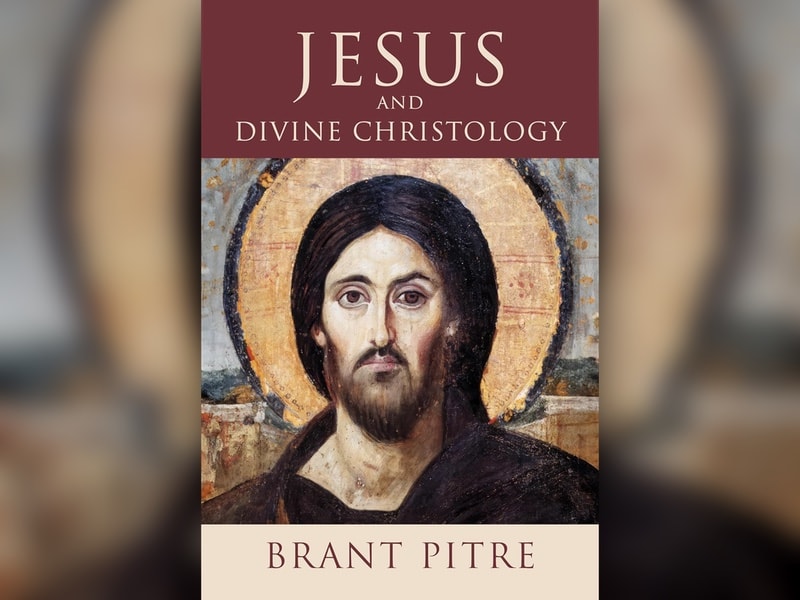Chapter two of Jesus and Divine Christology is about the “epiphany miracles.” Brant Pitre states the main purpose of the chapter quite bluntly: it is to “demolish the modern scholarly myth… that Jesus is not depicted as divine in the Synoptic Gospels” (40).
There are three such miracles: the stilling of the storm, the walking on the sea, and the transfiguration. It is Pitre’s view that
when each of these episodes is interpreted in a first-century Jewish context, a strong case can be made that in all three, Jesus is acting and speaking as if he is not just any kind of deity or heavenly being, but in some sense equal with the one God of Israel. (45)

Recent comments